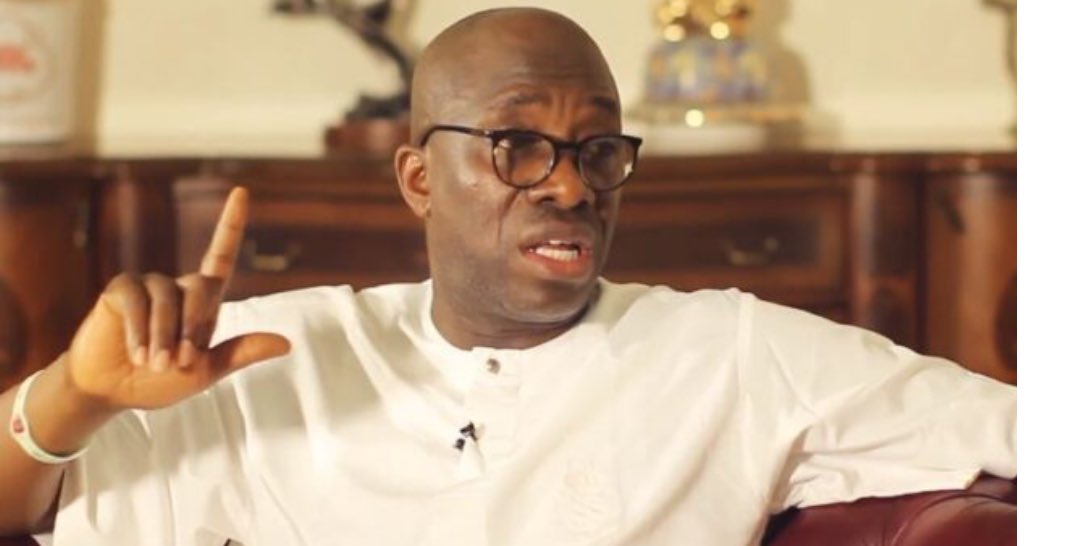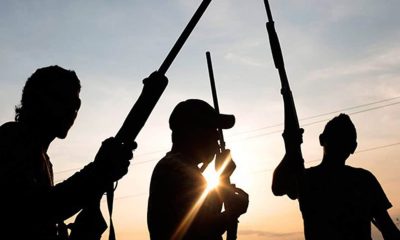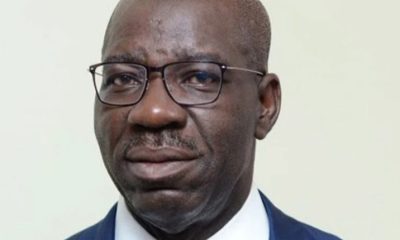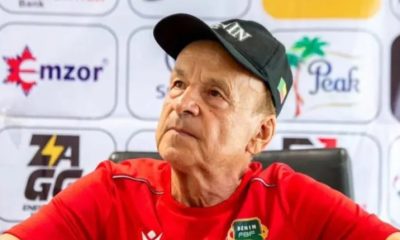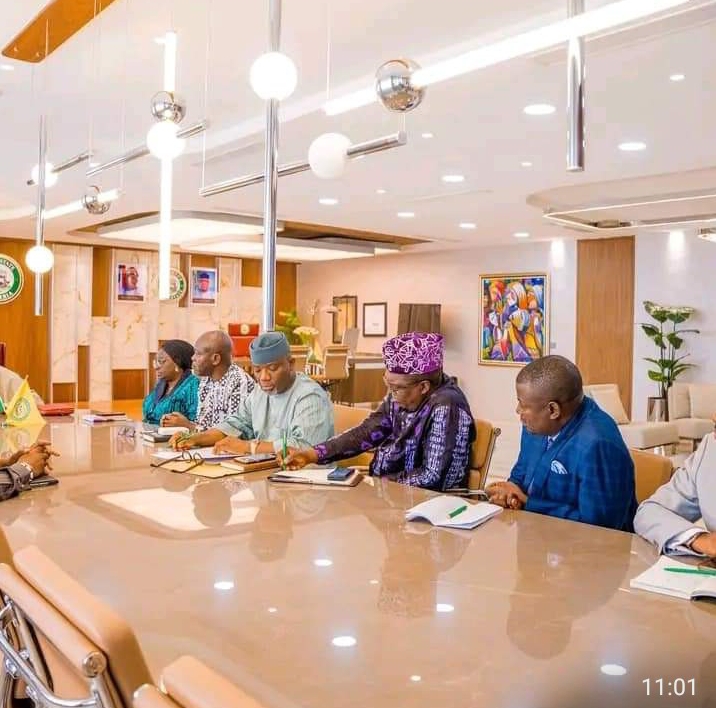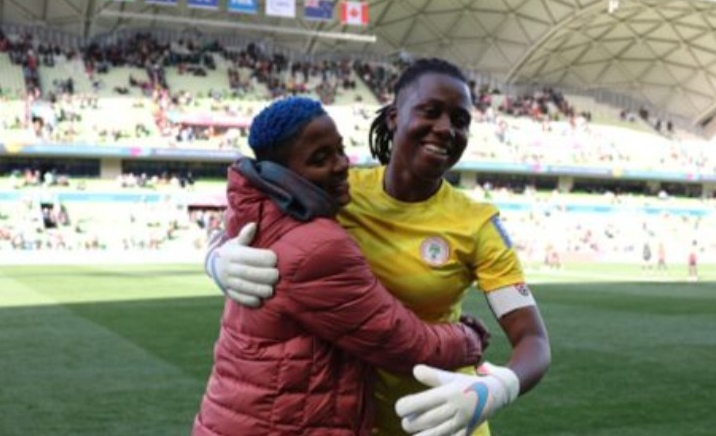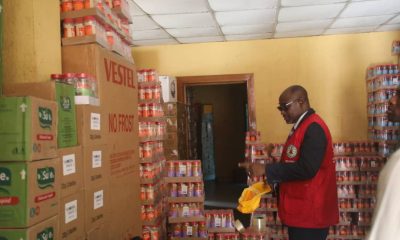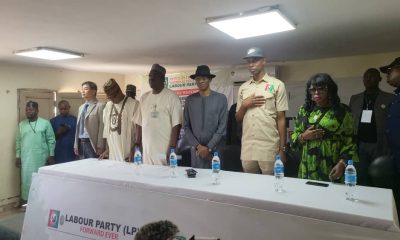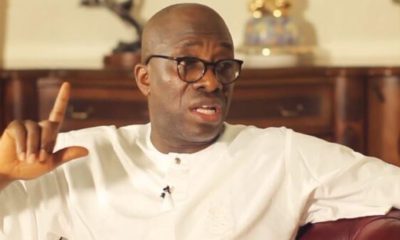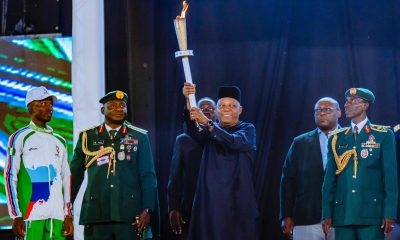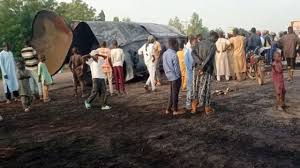…We are leaving no stone on turn in order to deliver a world class event – Governor Dapo Abiodun
By Oluwatobiloba Zeal-Adepetu Kumoye
“The construction firms handling the renovation works at the Moshood Abiola Stadium, Kuto in Abeokuta, the Sports Complex in Ijeja and other venues to be used for the 2024 National Sports Festival will complete their various projects before the start of the event.”
This is the assurance from the Ogun State Commissioner for Sports, Honourable Isiaka Wasiu in an interview with your authoritative and award-winning news channel FIRST ZEALMEDIACAST BLOG on Thursday.
Honourable Wasiu explained that the State Government under the dynamic stewardship of His Excellency Prince Dapo Abiodun is committed to deliver a National Sports Festival that will be remembered for a long time to come.
The State Government is giving a facelift to the Moshood Abiola Stadium built over three decades ago.
THE FACILITY UPGRADE:
★ Re-Grassing the pitch
★ Re-Laying the tartan track
★ Construction of tennis courts
★ Expansion of the media gallery
★ Construction of handball courts
★ Ultra morden digital score board
★ The VIP section will be upgraded
“Similarly, the Sports Complex in Ijeja that houses basketball, squash, table tennis and scrabble among other sports is receiving equal attention.
The renovation works there has reached an advance stage,“ the Commissioner said.
Meanwhile, the Director General of the National Sports Commission (NSC), Honourable Bukola Olawale Olopade, who until his appointment was the Boss of the Local Organizing Committee (LOC), for the Festival paid a visit to the State governor His Excellency Prince Dapo Abiodun in Abeokuta.
During the visit, the Governor said, “As we prepare to host the 22nd National Sports Festival, the “2024 Gateway Games,” in Ogun State this January, we are proud to welcome 12,000 to 15,000 athletes from across the country.
This Festival promises to be historic, with a state-of-the-art games village accommodating all athletes—a first in the event’s history.”
He went on to state that, “We have made significant upgrades to key facilities, including the MKO Abiola Stadium, Ijeja Sports Centre, and Remo Stars Stadium, alongside new basketball courts.
These legacy projects will serve Ogun State and the nation for decades, fostering talent development at world-class standards.”
“Innovations such as a digitized feeding system, efficient transport clusters, and comprehensive support for journalists will ensure a seamless experience for all participants.
With the invaluable support of Premium Trust Bank as lead sponsor, our Local Organizing Committee is working tirelessly to deliver the best Festival ever hosted in Nigeria.” the governor added.
“This event reaffirms Ogun State’s commitment to youth empowerment and sports development, creating opportunities for the next generation to shine. Together, we are setting a new standard for excellence.” He concluded.
For the first time in the history of the National Sports Festival, Babcock University, a private university will be providing standard accommodation facilities for all the athIetes.

